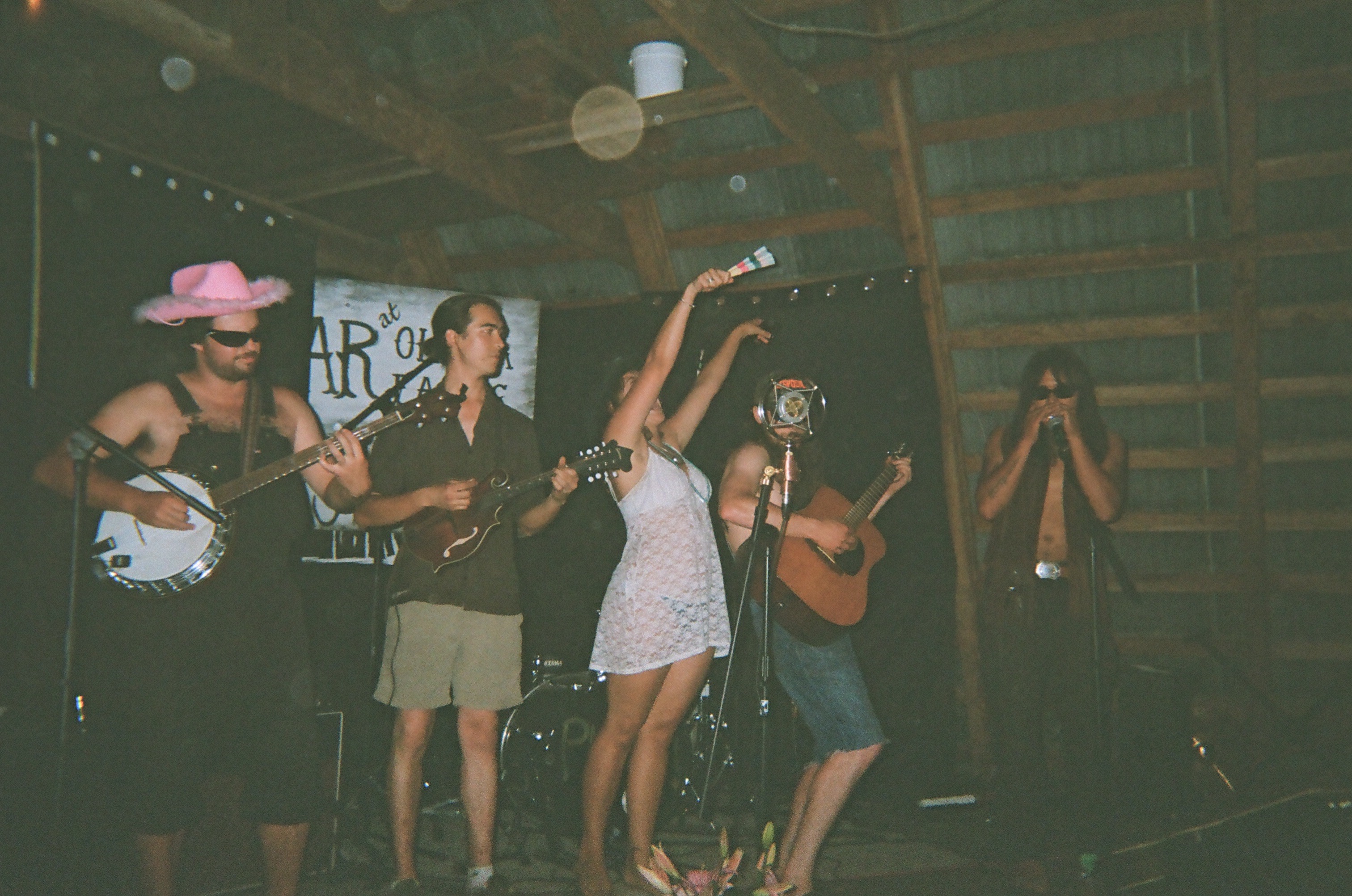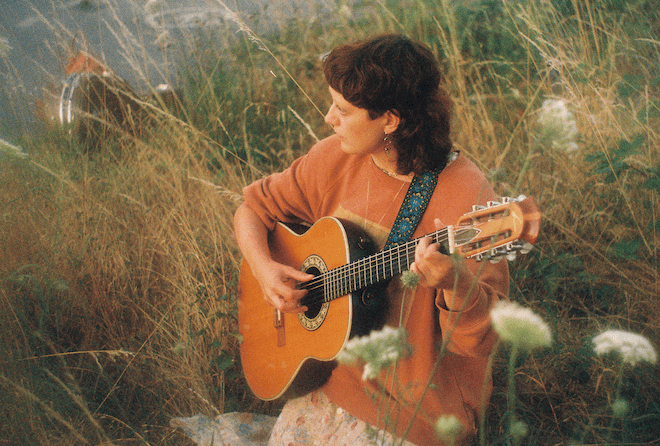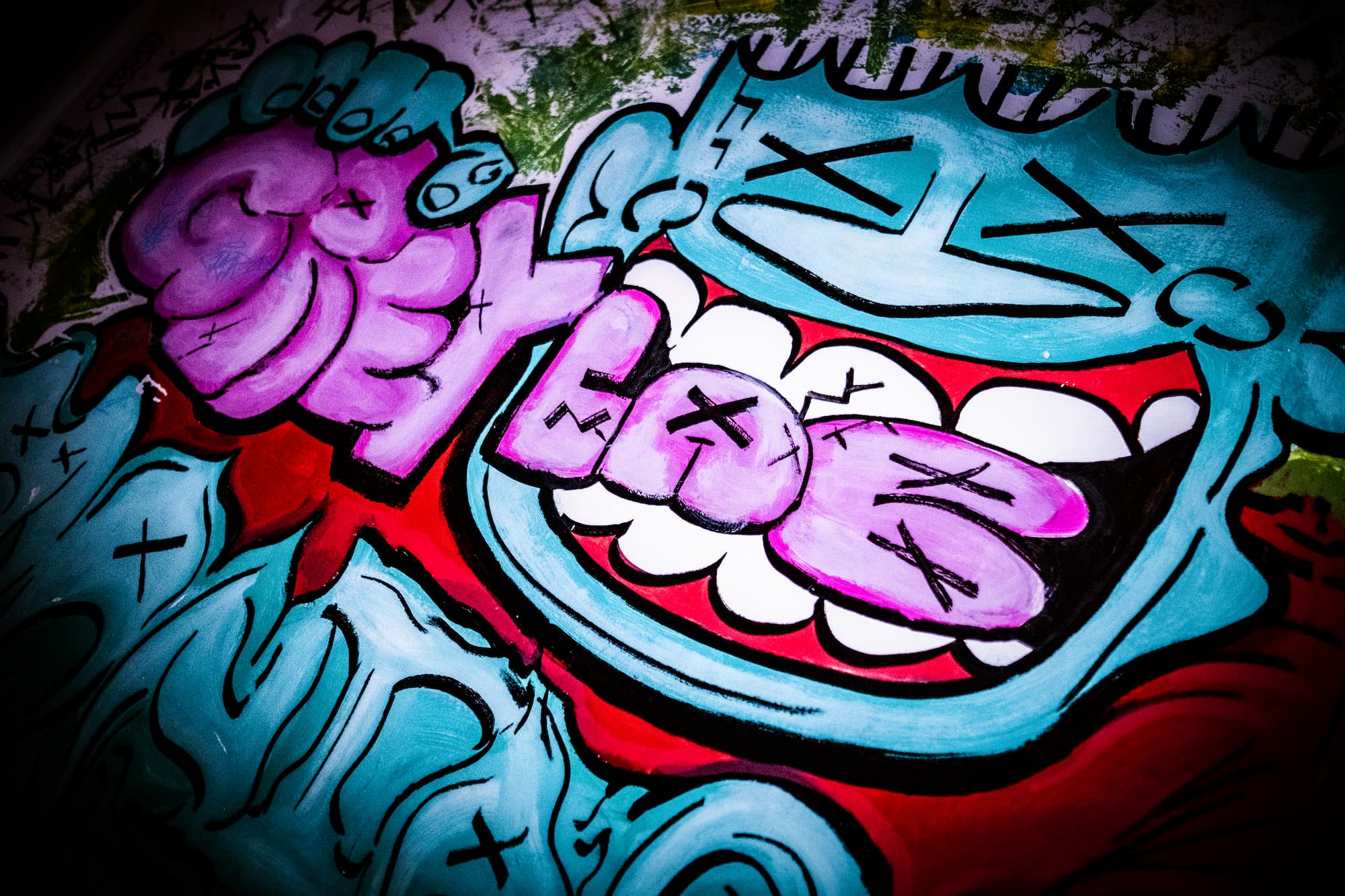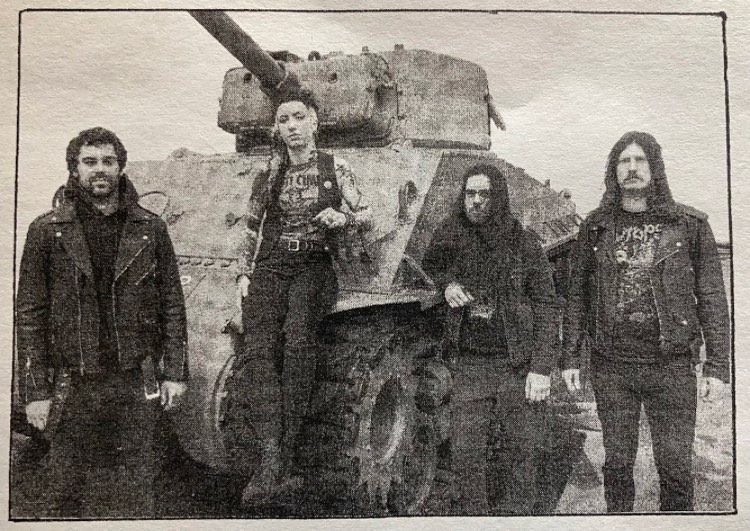Checklist: Hosting a Successful Music Event
The basics to planning, promoting, and executing live music events.
Posted on March 20, 2025 by Aidan Polglase

Pre-Event Planning
Accessibility (ramps, stairs - how many?), washrooms - wheelchair access?, parking, transit, and more). Criptoria is an awesome resource that offers accessibility consulting and a wealth of venue information. It’s important to display information about your accessibility beyond just ‘yes’ or ‘no’.
Amenities: bar, food, restrooms, and seating. Some DIY venues don’t have liquor licenses, but you can get a temporary one in most cases.
Normalize harm reduction: ask venues if their staff have recent harm reduction training - we recognize Good Night Out as the industry standard. Consider reaching out to Good Night Out to get someone from their team to attend your event.
Promotion & Marketing
Poster - print them and put them up around town. Suburbs are easy if you have a staple gun, downtown cores can be competitive. If you want your poster to really stand out, consider using Vic Posters (Victoria), or The Poster Guy (Vancouver) to distribute.
The City of Vancouver will distribute 10 pre-bundled brochures and one poster to each of 24 Community Centres free of charge.
Consider advertisements - THESE ARE NOT FOR EVERYONE. If you do not put time into making a solid ad that leads consumers to solid content, it will not be worth it. Magic Nothing is an Instagram account that we use and love for advertising advice.
Reach out to blogs, local & campus radio stations, and newspapers.
During the Event
Post-Event Wrap-Up
Latest Articles
Let us know if you can't find what you're looking for. Our blog is community driven and we would love to hear from you.


